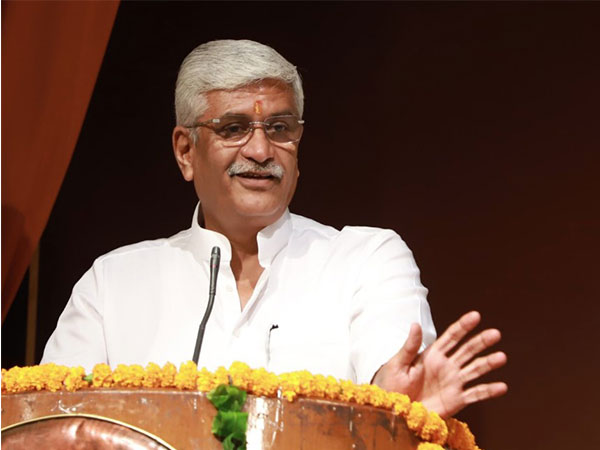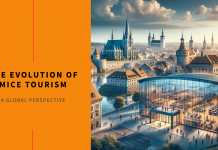“India cannot be compared to any other country in terms of economic growth or even tourism because India has a unique identity defined by our high domestic potential,” stated Shri Gajendra Singh Shekhawat, Hon’ble Minister of Tourism & Culture, Government of India, during the Inaugural Session of the 18th CII Annual Tourism Summit 2024.
Shri Shekhawat emphasized that India holds a distinct advantage over competing countries like Singapore, Thailand, and Dubai. While these nations attract foreign tourists, their domestic potential remains limited. In contrast, India, as the world’s most populous country, possesses significant and rapidly growing domestic potential. He further noted that post-COVID, India’s tourism industry has experienced a remarkable boom, driven by domestic tourists whose spending power has surged and continues to rise. The expanding middle class in India further enhances this tremendous future potential, leading to boundless opportunities.
The Minister underscored the importance of tourism infrastructure, which has seen significant progress over the last decade, owing to the vision of Prime Minister Shri Narendra Modi. He highlighted key developments, including the construction of 150,000 km of roads, a doubling of operational airports, near-complete electrification of railway tracks, the introduction of new-generation trains, and the identification of 102 inland waterways. Additionally, the availability of affordable data has opened new possibilities for tourism.
Shri Shekhawat also pointed to the upcoming Coldplay concert as a prime example of experiential tourism, with an estimated economic impact of INR 400-500 crores per show. He emphasized that the definition of tourism is evolving, and while India is already renowned for spiritual and nature-based tourism, it must embrace new concepts to maintain its competitive edge.
Regarding India’s path toward becoming a USD 34 trillion economy, Shri Shekhawat stated that tourism could play a pivotal role by contributing around USD 3 trillion. He called for collaboration to identify gaps and work collectively to address them, highlighting the critical role that CII can play in this process.
The CII EY Report on the Employment Landscape in Tourism and Hospitality in India was also released during the session.
Ms. Sumita Dawra, Secretary, Ministry of Labour & Employment, Government of India, spoke about the immense growth potential of tourism. She highlighted the sector’s role in driving both direct and indirect job creation, investment, and foreign exchange earnings. She also emphasized tourism’s contribution to achieving the Sustainable Development Goals (SDGs) by promoting employment, economic growth, and gender equality. Ms. Dawra stated that the true power of tourism lies in uplifting communities and boosting local economies. Initiatives like ‘Make in India,’ ‘Heal in India,’ ‘Study in India,’ and ‘Wed in India’ are creating immense opportunities for local economic benefit. She concluded by noting that sectors such as tourism, hospitality, education, and the care economy will be vital for future employment, with India’s demographic advantage positioning the country to fully leverage tourism’s potential.













